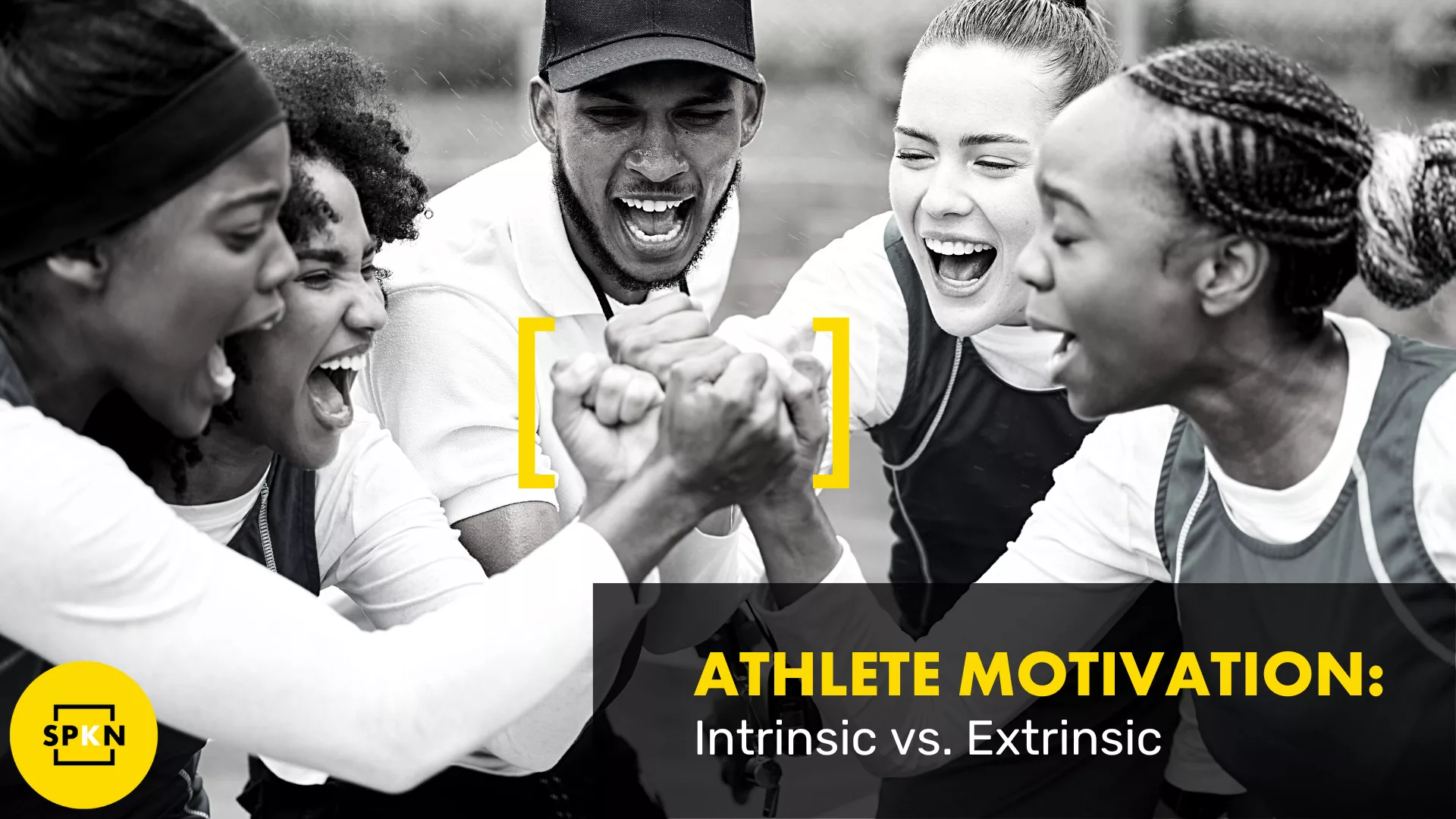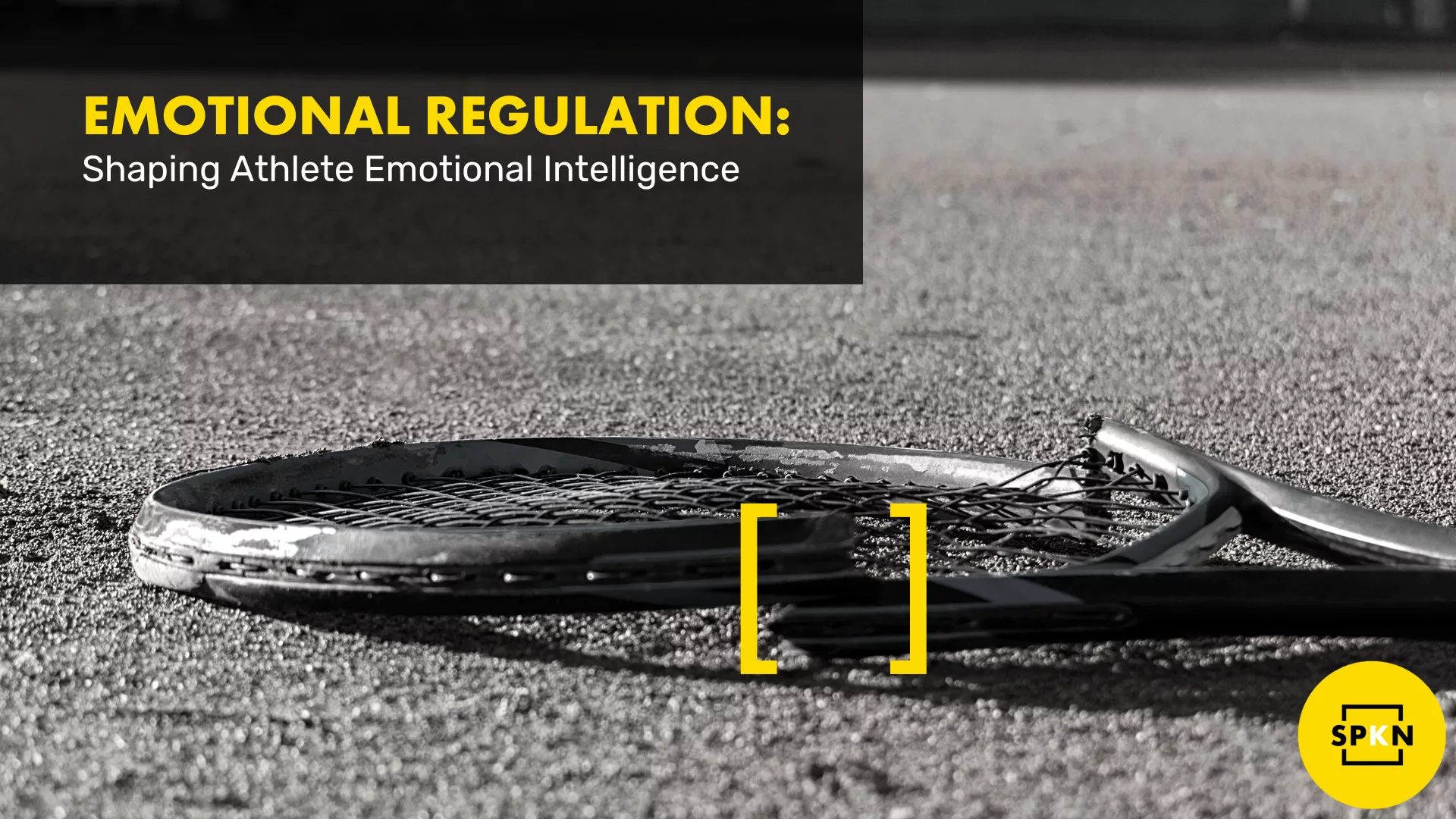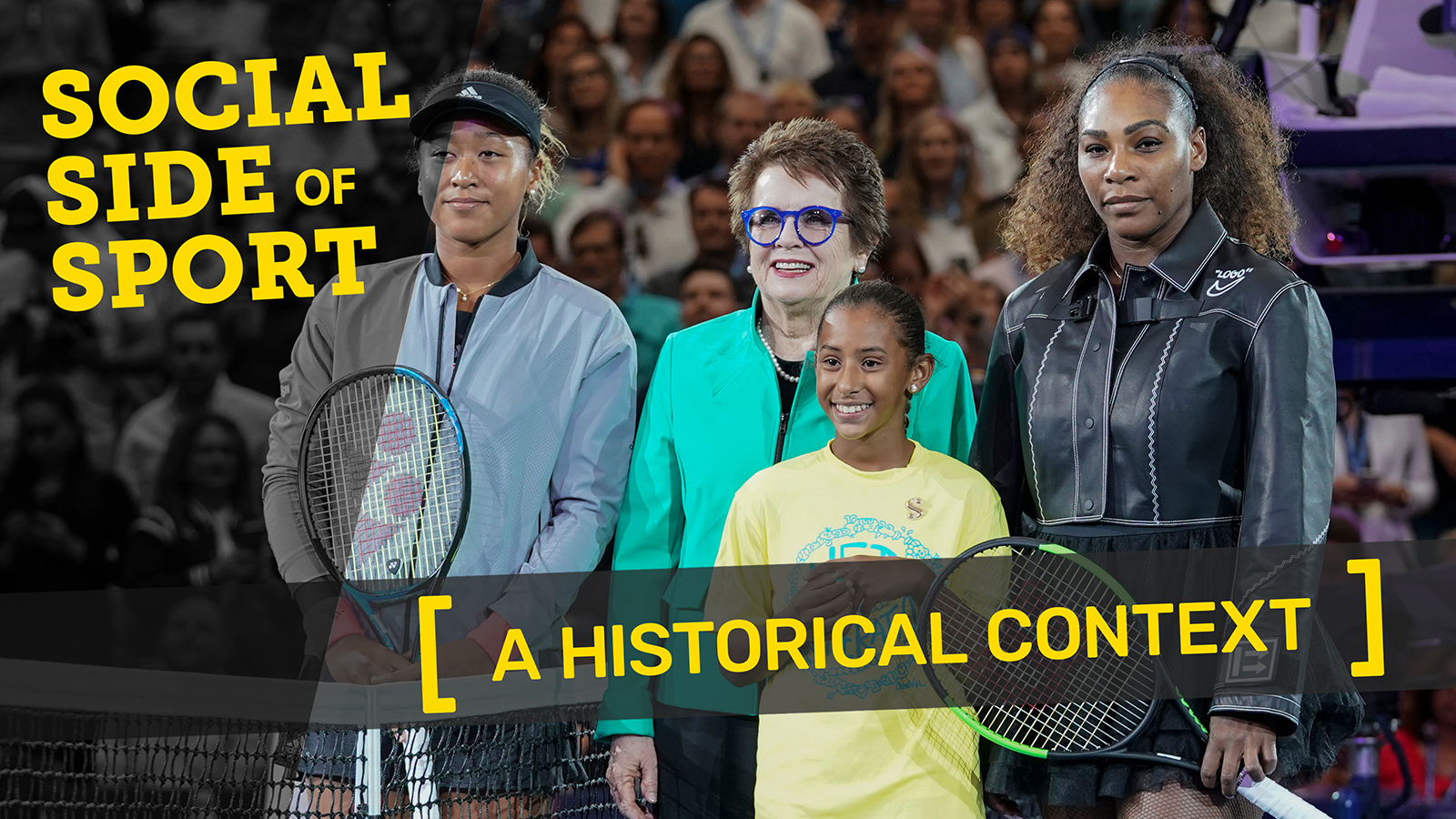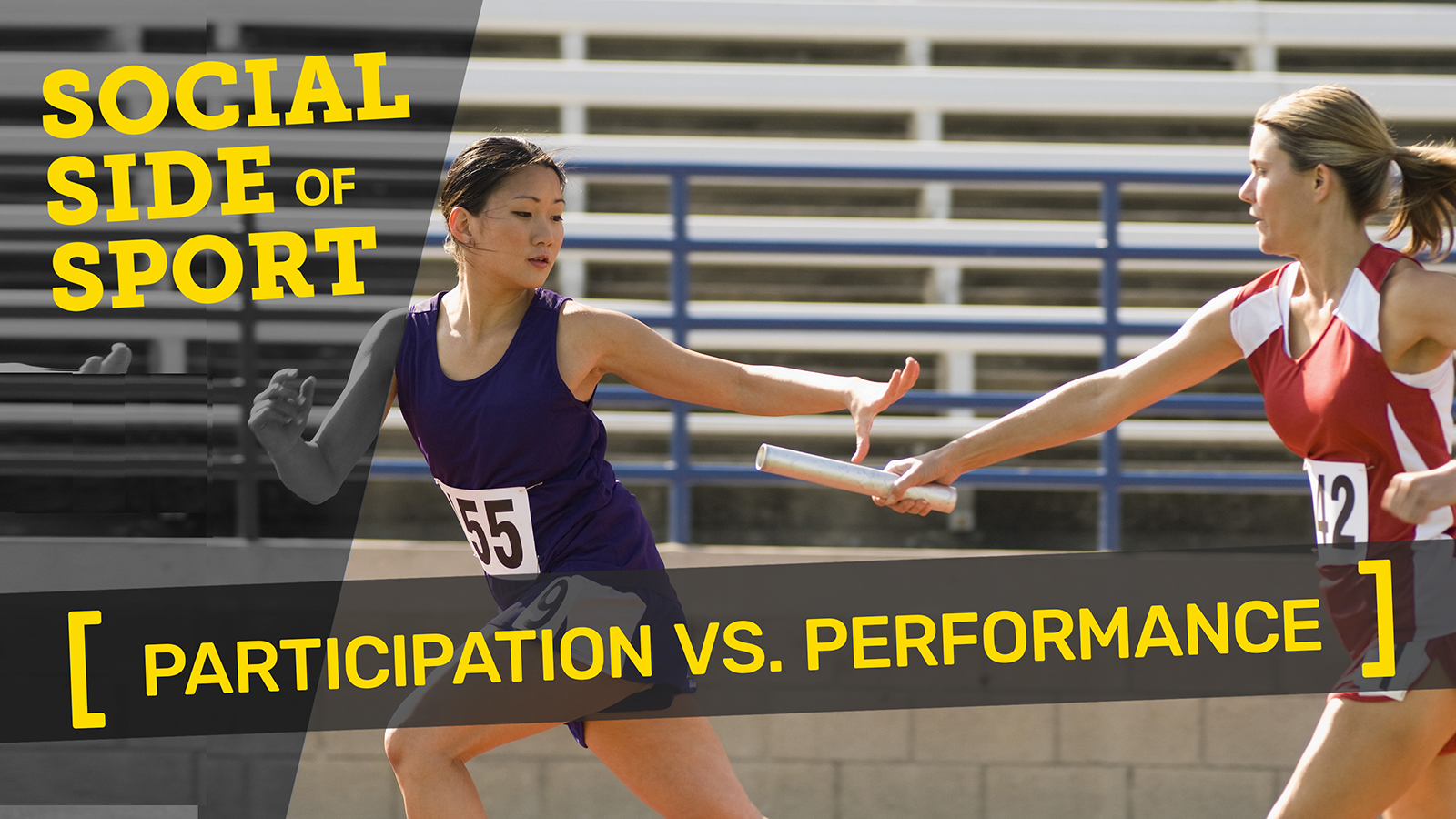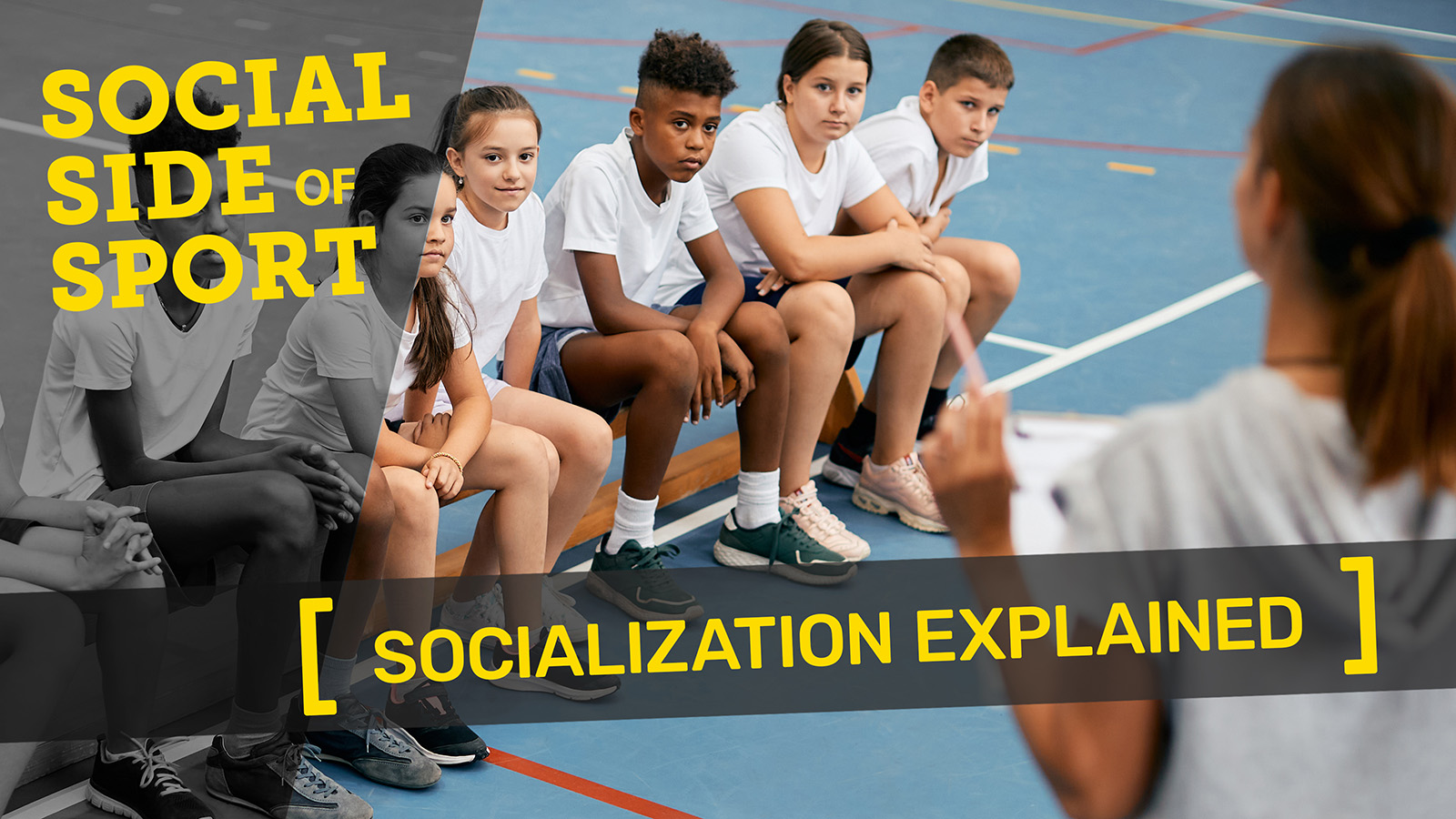The term ‘explicit’ refers to clear or unambiguous
meaning and intent. In the context of sport, learning
refers to relatively permanent gains in skills (physical
or mental) or strategies that are associated with practice
or experience (Schmidt & Lee, 2014). Learning is distinct
from development (gains based on age-related
growth/maturation) and performance (a temporary,
observable behavior). Explicit learning, thus, is a specific
type of learning to acquire new skills, or hone
existing skills. Explicit learning relies on clear instructions
or rules that the learner attempts to implement
during a practice session. To achieve explicit learning,
the learner uses declarative knowledge (knowledge of
facts, rules, and concepts) and working memory (the
part of short-term memory concerned with immediate
perceptual processing) to engage in a task. As an example,
a novice golfer might read or be taught about
proper swing mechanics (i.e., declarative knowledge),
and then consciously attend to his/her knees, wrists,
arms, and hips during a golf swing (i.e., working memory)
in an attempt to reproduce the proper form. Debate
exists on whether explicit learning is more beneficial
than implicit learning during skill/strategy acquisition
(see Masters, 1992), though recent research whereby
metaphors and analogies are incorporated into learning
highlight the benefits of implicit learning (Masters, van
der Kamp, & Capio, 2013).








